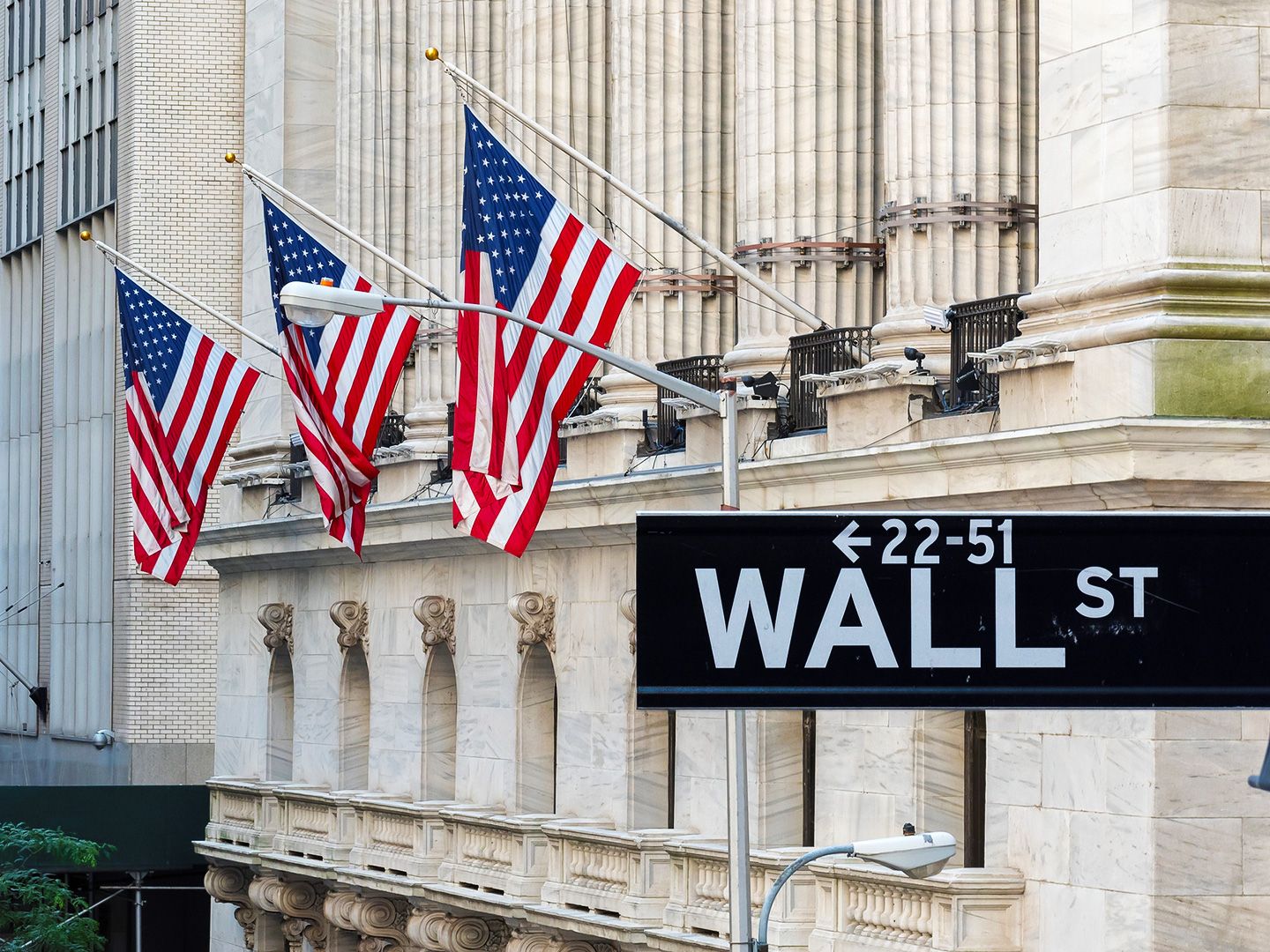“Wall Street is coming for bitcoin.”
This phrase once stirred both optimism and anxiety within crypto communities. Now, it has transcended from a potential threat or hopeful forecast to a stark reality.
The foundational belief behind bitcoin (and crypto overall)—an asset that resists censorship and remains independent of traditional financial institutions or government oversight—is rapidly diminishing as Wall Street players and influential political figures cement their presence in the world of digital assets.
In the nascent days of the digital asset revolution, bitcoin was hailed as something uncorrelated and defiantly anti-establishment. Traditional assets like the S&P 500 would fluctuate—bitcoin was indifferent.
What bitcoin was concerned about were the persistent shortcomings of the conventional financial system, which remain today.
A historically significant, yet often overlooked, event in BTC’s journey is the 2013 Cyprus banking crisis.
This crisis, resulting from banks’ excessive lending to overleveraged local property firms and amidst Europe’s debt troubles, saw substantial cuts to deposits exceeding 100,000 euros.
In fact, 47.5% of uninsured deposits were seized. Bitcoin’s response was an impressive rally, breaching the $1,000 mark for the first time.
Following a lengthy bear market following Mt. Gox’s collapse, the notion of widespread adoption gained traction, with Wall Street’s involvement viewed as a validation of bitcoin, signaling increased liquidity, mass acceptance, and price stabilization.
This was a game changer.
While the price may have stabilized, bitcoin now behaves more like any macro-driven risk asset.
“Bitcoin, once celebrated for its low correlation to mainstream financial assets, has increasingly shown sensitivity to the same variables that govern equity markets in the short term,” stated NYDIG Research in a report.
The correlation is currently nearer to the peak of its historical range, as per NYDIG’s analysis. “Bitcoin’s correlation with U.S. equities remained high through the end of the quarter, closing at 0.48, approaching the upper limits of its historical range.”

In essence, when Wall Street experiences turmoil, bitcoin is affected. If Wall Street sneezes, bitcoin catches a cold.
Even bitcoin’s “digital gold” label faces scrutiny.
NYDIG observes that bitcoin’s correlation with physical gold and the U.S. dollar is virtually nonexistent. The “hedge” argument seems to falter—at least for the time being.
Risk asset
What accounts for this transformation?
The explanation is straightforward: to Wall Street, bitcoin has become just another risk asset, devoid of its “safe haven” status.
Investors are reassessing everything, from central bank policy shifts to geopolitical unrest—digital assets included.
“This ongoing strength of correlation with U.S. equities can be primarily attributed to various macroeconomic and geopolitical shifts, trade disputes, and the rise in global conflicts, all of which have significantly influenced investor sentiment and asset repricing across markets,” noted NYDIG.
Whether it’s welcome or not, this reality is likely to persist—at least in the short to medium term.
As long as headlines related to central bank policies, macroeconomic issues, and geopolitical crises remain prevalent, bitcoin will likely move in sync with equities.
“This correlation dynamic may continue as long as global risk sentiment, central bank strategies, and geopolitical tensions are dominant themes in the markets,” concluded NYDIG’s report.
For bitcoin enthusiasts and long-term holders, the original vision remains intact. Bitcoin’s limited supply, universal access, and decentralized framework are still relevant. Just don’t expect these characteristics to directly influence market prices just yet.
At present, the market perceives bitcoin as merely another stock ticker. Adjust your trading strategies accordingly.

Leave a Reply